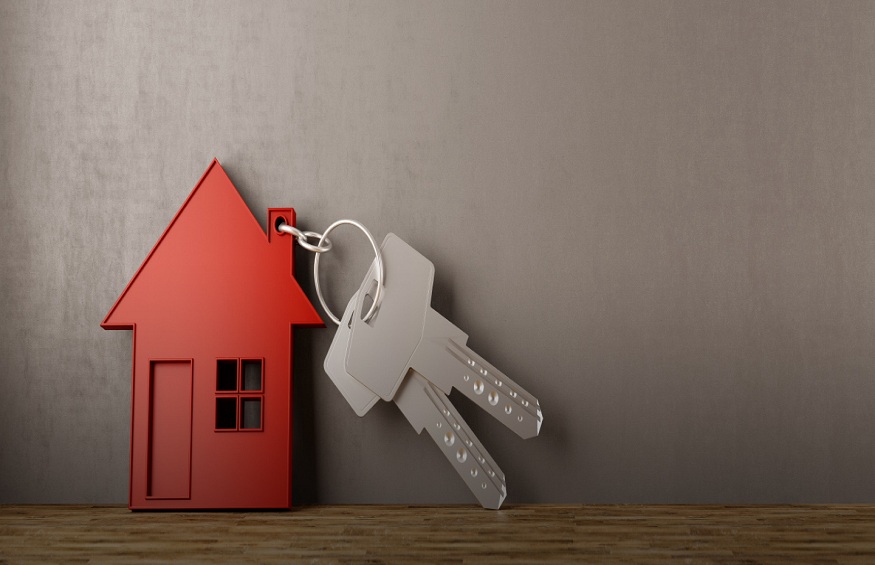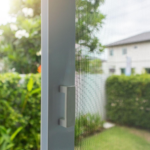Qatar, a small but affluent nation located on the northeastern coast of the Arabian Peninsula, has been steadily growing in popularity as a destination for expatriates and international investors. Its booming economy, high standard of living, and unique blend of modernity and tradition make it an attractive place to live and work. For those considering relocating to Qatar, one of the first and most important steps is finding the right properties for rent in Qatar to call home.

This comprehensive guide will walk you through the essential information you need to know about renting properties in Qatar.
Understanding Qatar’s Rental Market
Before delving into the specifics of renting properties in Qatar, it’s essential to grasp the basics of the country’s rental market. Qatar has seen significant growth in recent years, thanks in large part to its robust oil and gas industry, as well as its vision for the future known as Qatar National Vision 2030. This ambitious plan aims to transform the nation into a sustainable, knowledge-based economy, making it even more attractive to international professionals, including those seeking real estate in Qatar.
The rental market in Qatar is diverse, with options ranging from luxurious apartments and villas to more modest accommodations. While the country is home to various residential areas, the most popular ones for expatriates include Doha, West Bay, The Pearl-Qatar, and Lusail City. Doha, the capital city, is the primary hub for business and cultural activities, making it a preferred choice for many expats. When navigating this market, working with real estate agents in Qatar can be invaluable for finding the perfect property to rent.
Legal Requirements for Renting
Renting a property in Qatar involves adhering to specific legal requirements, and it’s crucial to be aware of these regulations to ensure a smooth rental process. Here are some important legal factors to think about:
- Residency Permit (QID): To legally reside and rent a property in Qatar, you must obtain a valid Qatar Identity Card (QID). Your employer will typically assist you in obtaining this card.
- Lease Agreement: A lease agreement is a legally binding document that outlines the terms and conditions of the rental arrangement. It’s essential to thoroughly review and understand this document before signing. Typically, lease agreements in Qatar are for one year, renewable upon mutual consent.
- Security Deposit: Landlords often require tenants to provide a security deposit, usually equivalent to one month’s rent, as collateral against any damages or unpaid rent. This deposit should be returned to you at the end of the lease period, minus any legitimate deductions.
- Rent Increase: Qatar’s law limits rent increases to once every 12 months, and the maximum increase cannot exceed 10% of the current rent. It’s essential to be aware of your rights regarding rent hikes.
- maintenance and Repairs: The lease agreement should specify who is responsible for property upkeep and repairs. Typically, minor repairs are the tenant’s responsibility, while major structural issues fall under the landlord’s purview.
Types of Rental Properties
Qatar offers a variety of rental properties to suit different preferences and budgets. The most frequent categories of rental homes include:
- Apartments: Apartments are widely available in Qatar and come in various sizes and price ranges. They can be found in both low-rise and high-rise buildings, often with modern amenities such as gyms, pools, and security services.
- Villas: Villas are standalone houses and are preferred by those seeking more space and privacy. They come in different styles, from traditional Arabic designs to modern, luxurious villas with ample outdoor areas.
- Serviced Apartments: Serviced apartments offer a blend of hotel-like services and residential living. They are fully furnished and equipped, making them an excellent choice for short-term stays or those who prefer a hassle-free living experience.
- Compounds: Compounds are gated residential communities that offer a range of facilities, including sports courts, playgrounds, and communal swimming pools. They are popular among families for their security and community atmosphere.
Renting Costs
Understanding the costs associated with renting a property in Qatar is crucial for effective financial planning. Here are the primary expenses you can expect:
- Rent: The rental amount varies significantly depending on the type of property, location, and size. Generally, expect to pay higher rents in sought-after areas like West Bay and The Pearl-Qatar.
- Security Deposit: As previously mentioned, you’ll typically need to pay a security deposit equivalent to one month’s rent.
- Utilities: In many cases, utilities such as water and electricity are not included in the rent. Be prepared to set up utility accounts and pay for these separately.
- Maintenance Fees: If you’re renting in a compound or serviced apartment, there may be monthly maintenance fees to cover communal facilities.
Finding a Rental Property
Finding the right rental property in Qatar can be a time-consuming process, but with the right approach, you can streamline your search:
- Real Estate Agents: Utilizing the services of a reputable real estate agent can simplify the process. They have extensive knowledge of the market and can help you find suitable properties based on your preferences and budget.
- Online Listings: Several websites and apps cater to the Qatar property market, making it easy to browse available properties, view photos, and contact landlords or agents.
- Networking: Networking with fellow expatriates or colleagues can be a valuable resource for finding rental properties through word-of-mouth recommendations.
- Newspapers and Magazines: Local newspapers and expat magazines often feature property listings, though this method is becoming less common in the digital age.
Final Tips for Renting in Qatar
To ensure a successful and stress-free renting experience in Qatar, consider the following tips:
- Negotiate: Don’t hesitate to negotiate the rent and lease terms with the landlord. While the market may be competitive, negotiation is still common.
- Inspect the Property: Before signing the lease agreement, thoroughly inspect the property for any existing damages and ensure that all appliances and fixtures are in working order. Document any issues in writing.
- Understand Your Rights: Familiarize yourself with the Qatar rental laws and regulations to protect your rights as a tenant.
- Be Financially Prepared: Have sufficient funds readily available to cover the security deposit, rent, and other associated costs.
- Consider Location: Think carefully about the location of the property in relation to your workplace, schools, and other essential amenities.
Conclusion
Renting a property in Qatar can be a rewarding experience, given the nation’s high standard of living and opportunities for personal and professional growth. However, it’s essential to navigate the rental market with knowledge and diligence to ensure a seamless transition to life in Qatar. By understanding the legal requirements, types of properties, costs, and effective search strategies, you can embark on your rental journey with confidence and make Qatar your home away from home.










Leave a Reply
You must be logged in to post a comment.